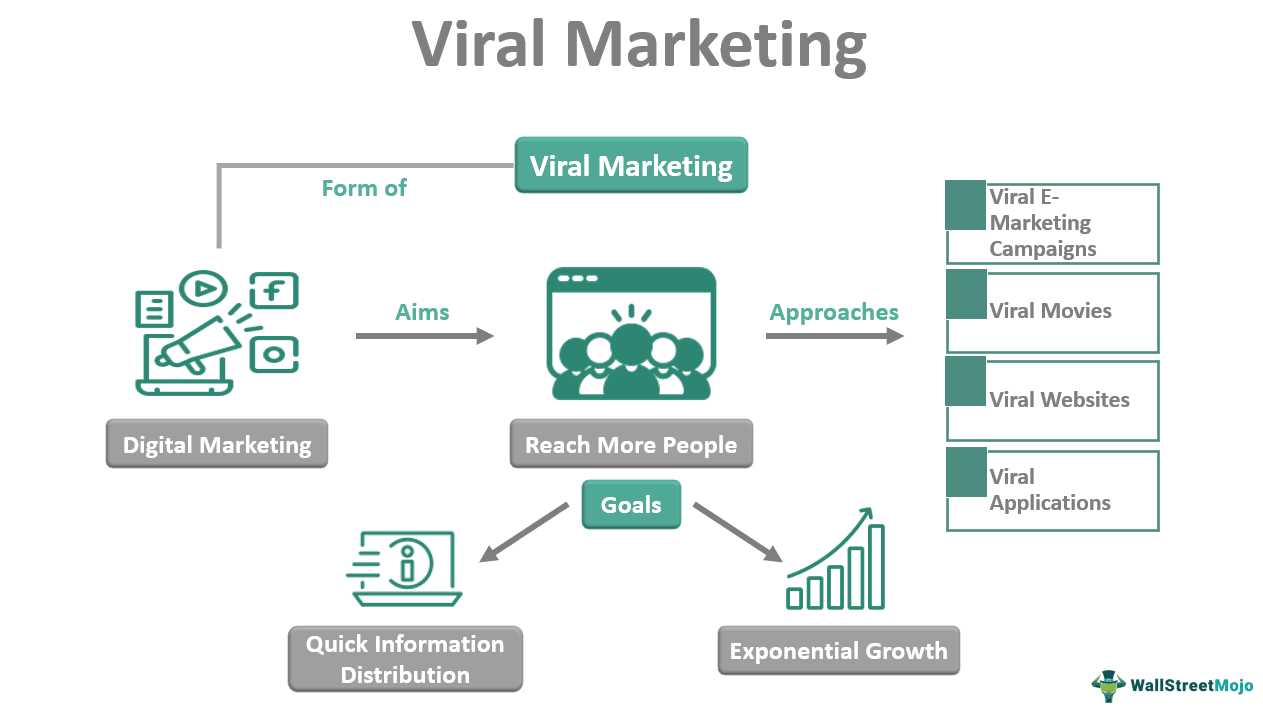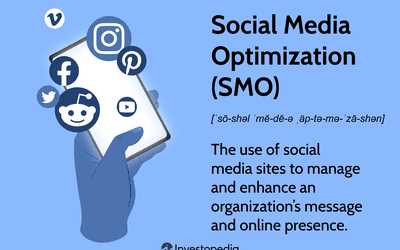Viral Website: Exploring the Meaning, Types, Pros and Cons
Meaning of Viral Websites
Types of Viral Websites
There are several types of viral websites that cater to different interests and preferences of users. Some common types include:
- News and entertainment websites: These websites focus on providing viral news stories, celebrity gossip, funny videos, and entertaining content that appeals to a wide audience.
- Product review websites: These websites create viral content by reviewing popular products and sharing their opinions and experiences. They often include affiliate links to earn commissions from product sales.
- How-to and DIY websites: These websites provide step-by-step guides, tutorials, and do-it-yourself projects that are informative and shareable.
- Meme and viral content websites: These websites curate and create viral memes, funny pictures, and trending content that is easily shareable on social media platforms.
Pros of Viral Websites
Viral websites offer several advantages for businesses and content creators:
- Increased visibility and brand awareness: When a website goes viral, it attracts a large number of visitors and can significantly increase the visibility of a brand or content creator.
- Higher traffic and engagement: Viral websites generate a high volume of traffic and engagement, which can lead to increased ad revenue, sales, and conversions.
- Opportunity for user-generated content: Viral websites often encourage users to create and share their own content, which can help in building a community and fostering user engagement.
- Cost-effective marketing strategy: Creating viral content can be a cost-effective way to promote a brand or product, as it relies on organic sharing and word-of-mouth marketing.
Cons of Viral Websites

While viral websites have their advantages, they also come with some drawbacks:
- Short-lived popularity: Viral content often has a short lifespan and can quickly fade away as new trends emerge. This means that the success of a viral website may be temporary.
- Negative feedback and backlash: Viral content can attract both positive and negative feedback. Negative comments and backlash can harm the reputation of a brand or content creator.
- Difficulty in monetization: While viral websites can generate high traffic, monetizing that traffic can be challenging. Ad revenue may not be sufficient to cover the costs of creating and maintaining the website.
A viral website is a website that gains popularity and spreads rapidly through social sharing and word of mouth. It is characterized by its ability to generate a large amount of traffic in a short period of time, often due to its unique and compelling content.
What Makes a Website Viral?

There are several factors that contribute to the virality of a website:
- Unique and Engaging Content: Viral websites often have content that is original, creative, and captures the attention of users. This could be in the form of entertaining videos, informative articles, or interactive quizzes.
- Emotional Appeal: Viral websites often evoke strong emotions in users, whether it’s laughter, awe, or inspiration. This emotional connection encourages users to share the website with others.
- Social Sharing Buttons: Viral websites make it easy for users to share the content on social media platforms by including social sharing buttons. This increases the likelihood of the website being shared and reaching a wider audience.
- Timing and Relevance: Viral websites often take advantage of current events, trends, or pop culture references to make their content more relatable and shareable.
Benefits of Viral Websites
Viral websites offer several benefits for businesses and content creators:
- Increased Visibility: Viral websites can generate a significant amount of traffic and exposure, which can lead to increased brand awareness and visibility.
- Higher Conversion Rates: The large influx of traffic from a viral website can result in higher conversion rates, as more users are exposed to the brand and its offerings.
- Cost-Effective Marketing: Creating a viral website can be a cost-effective way to promote a brand or product, as it relies on organic sharing and word of mouth rather than paid advertising.
- Opportunity for Growth: The success of a viral website can open doors to new opportunities, such as partnerships, sponsorships, and collaborations.
Challenges of Viral Websites
While viral websites offer many benefits, they also come with their own set of challenges:
- Unpredictability: The virality of a website is often unpredictable and can be difficult to replicate. Not all websites have the potential to go viral, and it can be challenging to create content that resonates with a wide audience.
- Reputation Management: With increased visibility comes the risk of negative feedback and criticism. Businesses must be prepared to handle any potential backlash and manage their online reputation effectively.
- Legal and Ethical Considerations: Creating viral content can sometimes involve legal and ethical considerations, such as copyright infringement or misleading information. It is important for businesses to ensure that their content complies with relevant laws and ethical standards.
Different Types of Viral Websites
| Type | Description |
|---|---|
| News Aggregators | These websites curate and aggregate news stories from various sources, making it easy for users to find and share interesting articles. Examples include Reddit and Digg. |
| Meme Generators | These websites allow users to create and share memes, which are humorous images or videos that often go viral. Examples include Imgur and 9GAG. |
| Quizzes and Polls | These websites offer interactive quizzes and polls that users can take and share with their friends. Examples include Buzzfeed and Playbuzz. |
| Video Sharing | These websites allow users to upload, share, and view videos. Examples include YouTube and Vimeo. |
| Image Sharing | These websites allow users to upload, share, and view images. Examples include Instagram and Pinterest. |
| Social Networking | These websites allow users to connect and interact with others, sharing content and updates. Examples include Facebook and Twitter. |
Advantages of Viral Websites
Viral websites have become a popular phenomenon in the digital age, and for good reason. Here are some of the key advantages of viral websites:
1. Increased Reach:
One of the biggest advantages of viral websites is their ability to reach a large audience in a short amount of time. When content goes viral, it spreads rapidly through social media platforms, email, and other online channels, allowing it to reach millions of people around the world. This increased reach can lead to greater brand visibility and awareness.
2. Cost-Effective Marketing:
3. Increased Website Traffic:
When a website goes viral, it can experience a significant increase in traffic. This influx of visitors can lead to higher search engine rankings, as search engines tend to favor websites with high levels of traffic. Additionally, increased website traffic can result in higher conversion rates, as more people are exposed to the products or services being offered.
4. Brand Awareness and Recognition:
Viral websites can help to build brand awareness and recognition. When content goes viral, it often becomes associated with a particular brand or company. This can help to establish the brand as a thought leader or expert in its industry, and can increase trust and credibility among consumers.
5. Potential for User-generated Content:
Viral websites have the potential to generate user-generated content. When content goes viral, users often share their own thoughts, opinions, and experiences related to the content. This can create a sense of community and engagement around the brand, and can provide valuable insights and feedback for businesses.
Disadvantages of Viral Websites
Viral websites have gained immense popularity in recent years due to their ability to generate a massive amount of traffic and attention. However, like any other marketing strategy, viral websites also have their fair share of disadvantages. It is important for businesses to consider these drawbacks before implementing a viral website as part of their marketing strategy.
1. Short-lived Fame
One of the main disadvantages of viral websites is that the fame and attention they generate are often short-lived. While a viral website can attract a large number of visitors in a short period of time, the interest and engagement of users may quickly fade away. This means that businesses need to constantly create new and captivating content to keep users engaged and interested.
2. Lack of Control
Another disadvantage of viral websites is the lack of control over the content and message. Once a website goes viral, it can be difficult to control how the content is shared and interpreted by users. This can be particularly challenging for businesses that want to maintain a specific brand image or message. Viral websites can easily be misinterpreted or used in ways that are not aligned with the original intent of the content.
3. Potential Negative Impact

While viral websites have the potential to generate positive attention and increase brand awareness, they also have the potential to create negative publicity. If the content of a viral website is controversial or offensive, it can quickly backfire and damage the reputation of the business. It is important for businesses to carefully consider the potential impact of their viral website and ensure that it aligns with their brand values and target audience.
4. Difficulty in Monetization
Monetizing a viral website can be challenging. While a viral website can attract a large number of visitors, converting that traffic into revenue can be difficult. Many viral websites rely on advertising revenue, but with the increasing use of ad-blockers and the saturation of online advertising, generating significant revenue from ads alone can be a challenge. Businesses need to carefully consider their monetization strategy and explore other revenue streams, such as sponsored content or partnerships.
5. Potential Legal Issues
Creating a viral website involves using content that is often sourced from various platforms and individuals. This can potentially lead to copyright infringement or other legal issues if proper permissions and licenses are not obtained. Businesses need to ensure that they have the necessary rights to use the content on their viral website to avoid any legal complications.
| Disadvantages of Viral Websites |
|---|
| Short-lived Fame |
| Lack of Control |
| Potential Negative Impact |
| Difficulty in Monetization |
| Potential Legal Issues |

Emily Bibb simplifies finance through bestselling books and articles, bridging complex concepts for everyday understanding. Engaging audiences via social media, she shares insights for financial success. Active in seminars and philanthropy, Bibb aims to create a more financially informed society, driven by her passion for empowering others.
